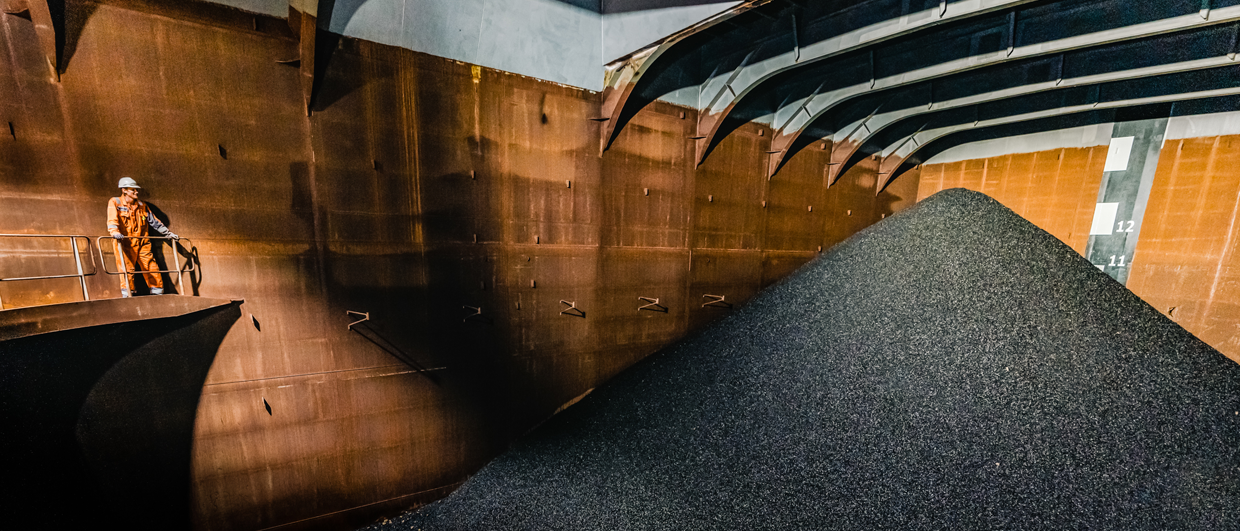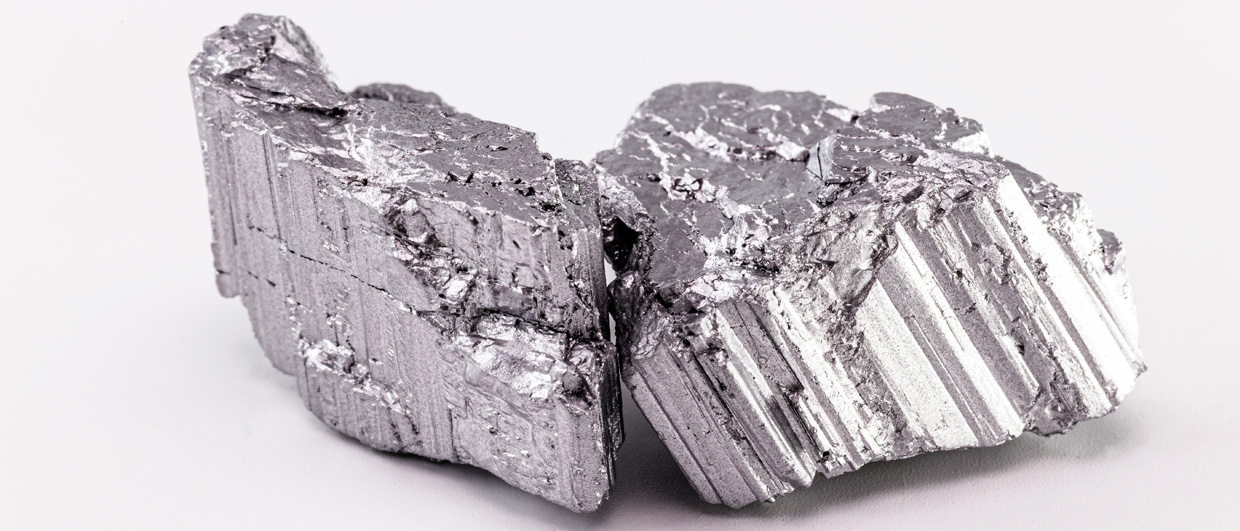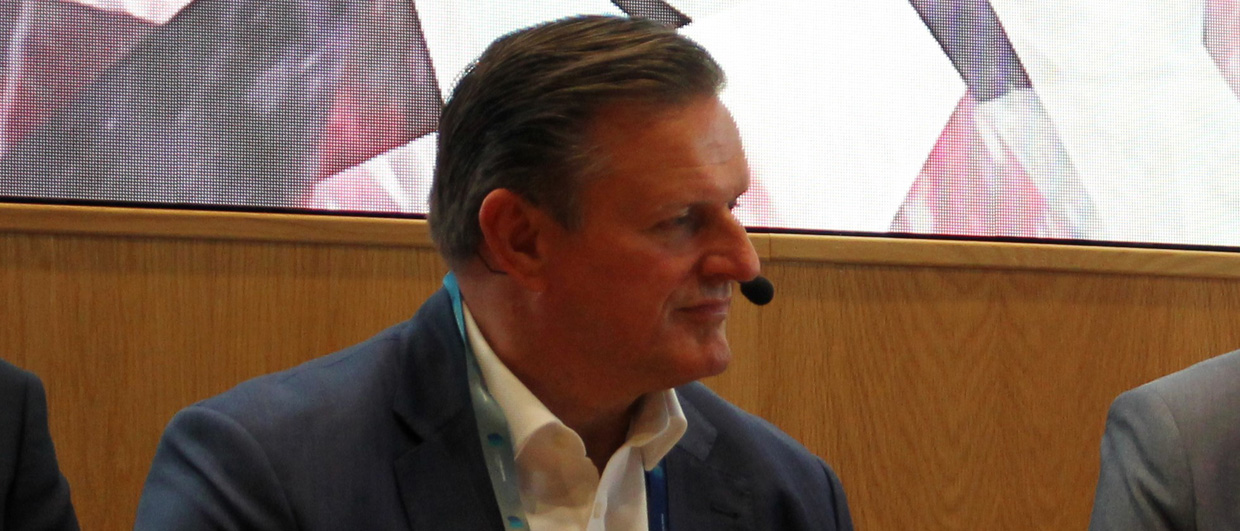“We believe the economics of TMC’s operations are not viable and that the company will be a repeat of Nautilus. We expect Gerard Barron to leave the ship when this becomes obvious, as he did with Nautilus.”
These are the concluding words in Iceberg Research’ latest report on The Metals Company (TMC). The small, secretive firm is known in financial circles for its activist approach and short-selling reports on companies it believes to be overvalued, flawed, or fraudulent.
By the time the report was published, TMC’s stock had soared 290 % year-to-date, fuelled by its pivot to US permits under the Deep Seabed Hard Mineral Resources Act (DSHMRA) and President Trump’s executive order to fast-track deep-sea mining permits. The report, however, sees the stock rally as unsustainable, warning of icebergs ahead for TMC’s economic viability.
Icebergs ahead
Iceberg Research compares TMC to Nautilus Minerals, a failed deep-sea mining venture where TMC’s CEO Gerard Barron and founder David Heydon were early investors, reaping profits by selling shares before its 2019 bankruptcy. Nautilus went bankrupt after operating costs escalated without a pre-feasibility study (PFS).
Iceberg warns that TMC is repeating this pattern, lacking a PFS for its Nori-D project in the Clarion-Clipperton Zone (CCZ) despite claiming completion in November 2024, a claim undermined by the absence of expert sign-off by March 2025. A PFS is a critical document that estimates economically viable reserves.
Furthermore, Iceberg believes TMC’s economic assumptions are overly optimistic, questioning whether mining in harsh conditions in the deep sea could be cost-competitive with mining metals in open pits onshore. The research firm believes this is not the case, and the reason why the largest mining companies in the world haven’t shown interest in deep-sea mining.
Commodity prices further weaken TMC’s case. In 2021 and 2022, metal prices had soared due to fears of supply crunches and increasing demand for electric vehicles. Fast forward to today, and the prices have mostly decreased, and are below TMC’s original assumptions, with copper being an exception. The decreases are driven by Indonesian supply and the rise of lithium iron phosphate (LFP) batteries, which demand fewer metals.
The research firm adds another nail to TMC’s coffin – the nodule collection numbers. In 2022, the company conducted a pilot test and reported collecting 4,500 tons of nodules. Their stated sustained production rate was 86 tons per hour. Iceberg Research found this number to be significantly less than TMC’s previous assumptions of 146 tons per hour.
In summary, Iceberg Research estimates a devastating net present value for TMC’s nodule project of negative $721, compared to TMC’s initial estimate of $6.8. Consequently, Iceberg believes the economics of TMC’s operations are not viable and that the company will face bankruptcy, as Nautilus Minerals did.




